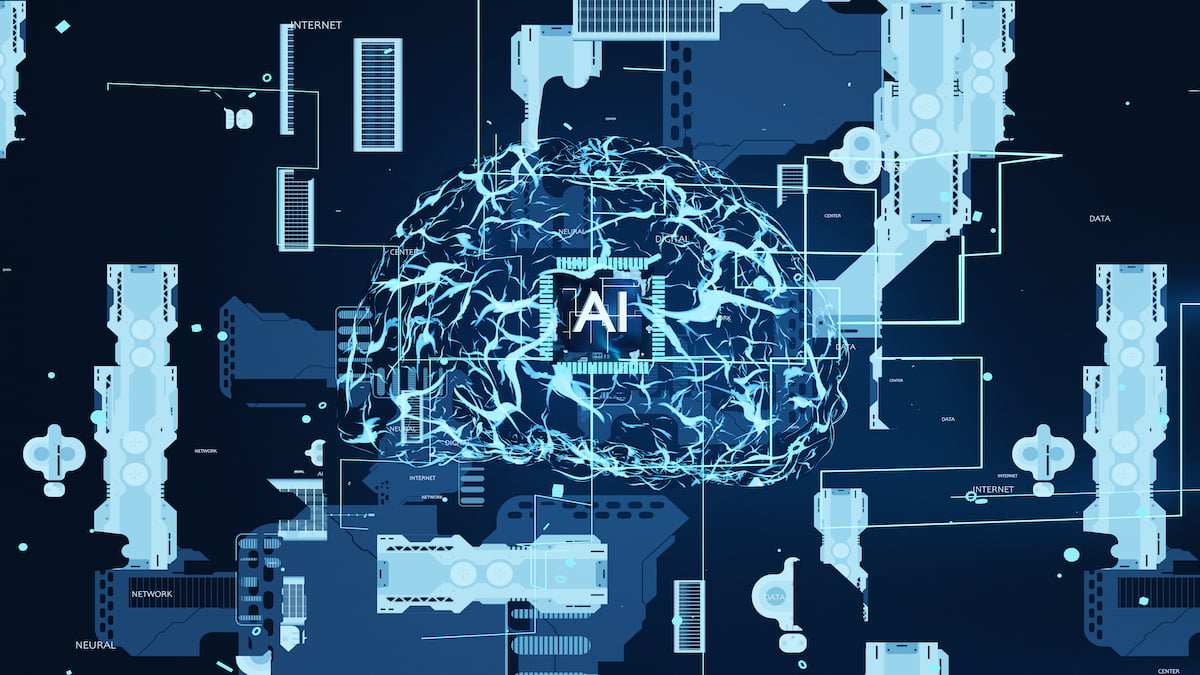Quantum computing, a technology that leverages the principles of quantum mechanics to process information, presents an exciting frontier for computation. On the other hand, artificial intelligence (AI) denotes the simulation of human intelligence processes by machines, especially computer systems. Both fields share a symbiotic relationship, in that advances in quantum computing could fuel massive strides in AI, making it more potent and efficient.
The amalgamation of quantum computing and AI could offer significant benefits, such as unprecedented processing speeds, enhanced machine learning capabilities, and advanced problem-solving potential. However, to grasp these possibilities, it is essential to delve into how quantum computing could reshape different facets of AI.
Quantum Computing and AI
Machine learning, a crucial subset of AI, stands to benefit greatly from quantum computing. Quantum computers, with their superior processing power, can expedite the training of machine learning models. Intractable problems, such as image recognition and natural language processing, could become manageable, leading to a new era of machine learning.
Optimization problems form the backbone of numerous AI applications, ranging from task scheduling to financial trading strategies. Quantum computers can present solutions for these problems more efficiently, optimizing AI applications in diverse fields and industries.
Cryptography, fundamental to online transaction and communication security, could undergo a sea change with quantum computing. Quantum computers, with their computational might, could break current encryption methods, necessitating a rethinking of online security paradigms.

Other Potential Applications
The potential of quantum computers extends to drug discovery, as they could simulate molecular behavior. This capability could accelerate the traditionally slow and expensive process of drug discovery, opening new avenues for medical advancements.
Quantum computing could also turbocharge other AI applications such as robotics, self-driving cars, and virtual reality, ushering in an era of heightened efficiency and improved performance.
Conclusion
The benefits that quantum computing could confer upon AI applications are immense, promising a leap in computational ability and efficiency. Despite this, it’s important to note that quantum computing is still in nascent stages of development, and the technology may not be ready for practical AI applications in the near future.
Nonetheless, the pace of progress in quantum computing is heartening, and the field is poised to transform AI in the years to come. As we await these advancements, further research is required into the challenges of quantum computing, its ethical implications, and its potential long-term impact on AI.
This post contains affiliate links.
Author

This article was written with the assistance of AI. Edited and fact-checked by Ronan Mullaney.







